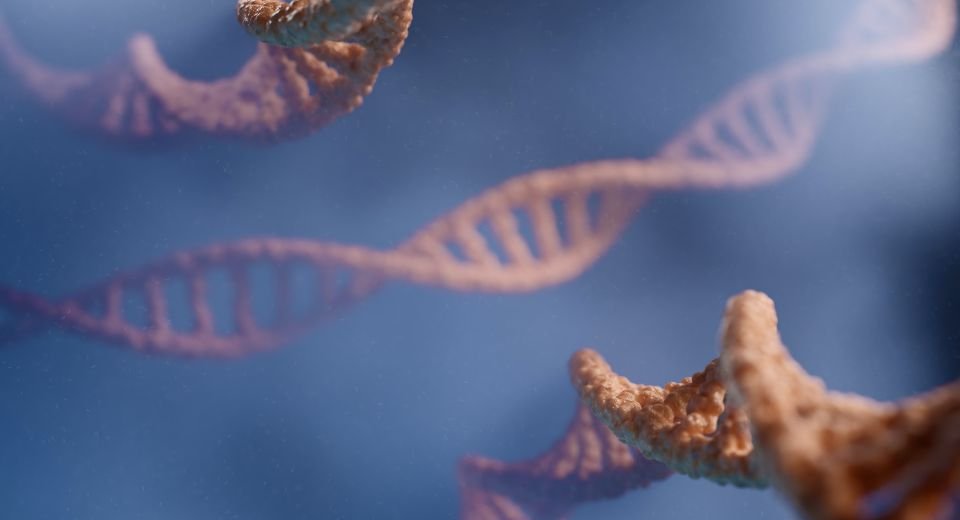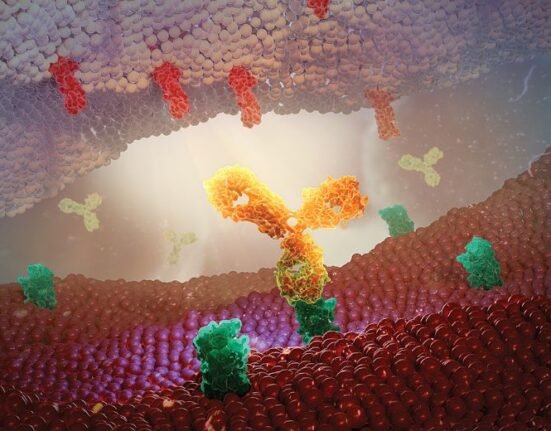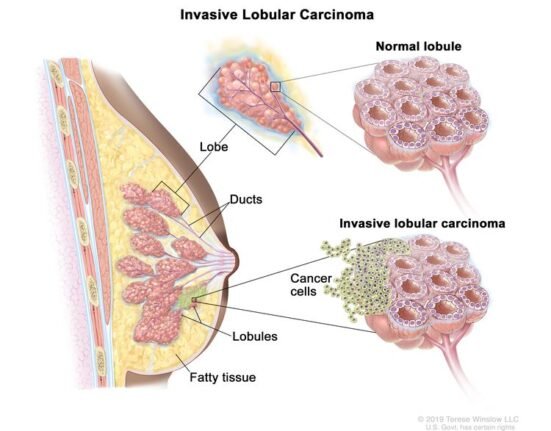HQ team
November 3, 2023: Researchers at Michigan Medicine, University of Michigan, have discovered a key metabolite’s role in regulating DNA repair processes, which can influence cancer therapy outcomes. Moreover, it can also help in preventing damage to healthy tissues during cancer treatments.
Crucial role of DNA repair in cancer therapy
At the cellular level, the proper repair of damaged DNA is paramount to preventing genomic instability, a precursor to cancer and various genetic diseases. Nucleotides, the fundamental building blocks of DNA, play a pivotal role in this process. Understanding how cell metabolism governs DNA repair is central to improving cancer therapies.
The researchers have found a specific nucleotide metabolite known as guanosine triphosphate (GTP). This metabolite was found to play a crucial role in DNA repair and, consequently, the efficacy of radiation and chemotherapy treatments for brain cancer. The level of GTP in cells appears to be a key determinant in their response to these therapies.
“We learned that if you increase a cell’s GTP levels, it makes it really resistant to radiation or chemotherapy,” said Daniel Wahl, corresponding author of the study. “Lowering GTP levels, the cell becomes much more sensitive.”
Beyond DNA building blocks
Traditionally, GTP’s role is as a building block for DNA. However, this recent study has revealed that GTP also acts as a signaling molecule, instructing cells on how to repair damaged DNA. Consequently, the levels of GTP initiate a signaling pathway that directly impacts DNA repair processes, thereby dictating a cell’s resistance or sensitivity to treatment.
Notably, the GTP acts for both malignant and non-malignant (healthy) cells. Researchers aim to leverage the connection between GTP and DNA damage response to sensitize cancer cells to chemotherapy and radiation while simultaneously boosting GTP levels to safeguard normal tissues from harm.
Promising outcomes
In ongoing clinical trials, researchers have examined the impact of the FDA-approved drug mycophenolate mofetil (MMF) on glioblastoma patients. This aggressive form of brain cancer demonstrated significant GTP depletion upon treatment. These findings underscore the potential of GTP modulation in clinical trials to optimize cancer therapy outcomes.
The findings emphasize the need for personalized treatment approaches. Further understanding of the pivotal role of GTP in DNA repair signaling, may help better identify patients who would benefit most from GTP modulators in future clinical trials.
The study is available in the journal Cancer Discovery.








